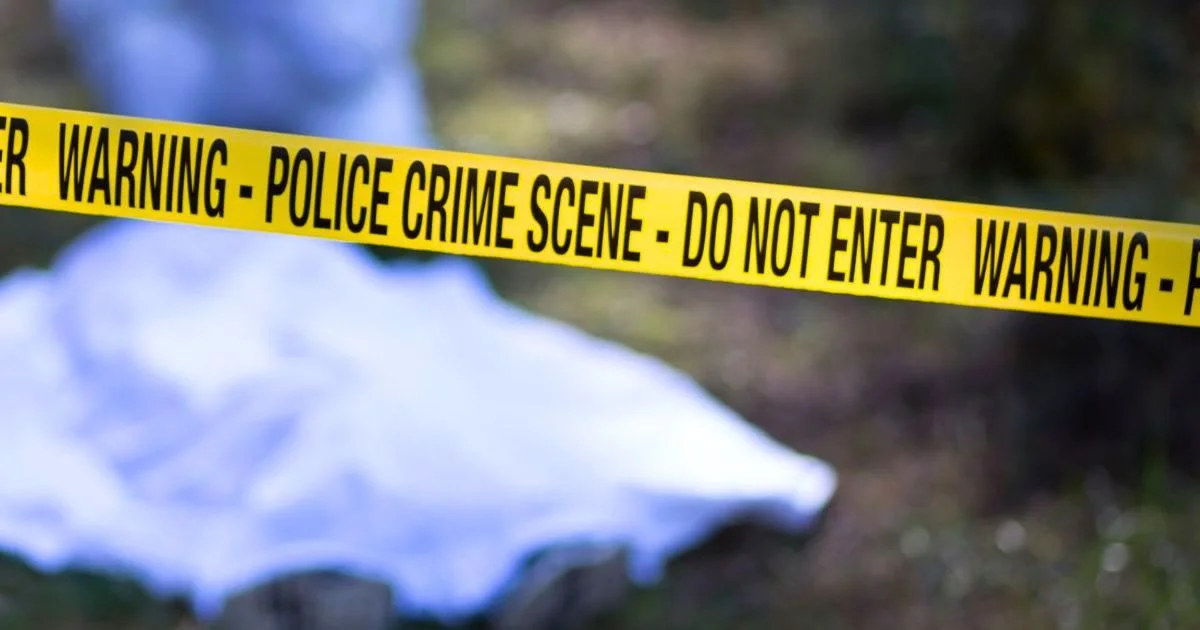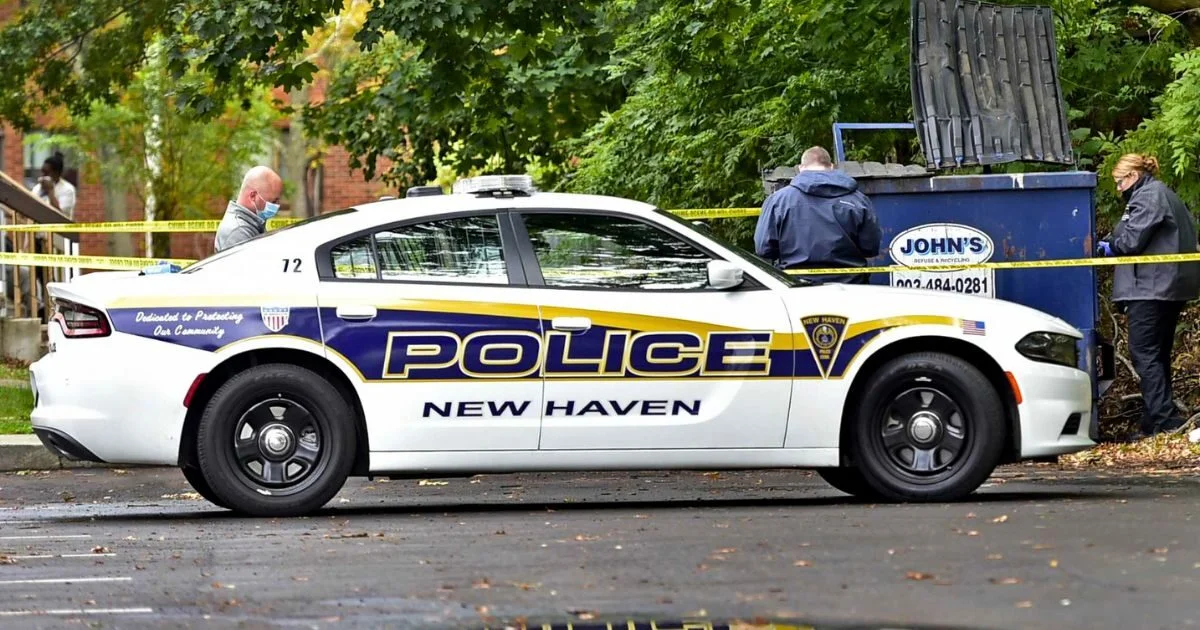New Haven, CT – A gray seal pup, improbably found stranded on a city street miles from the coast, has died despite urgent medical intervention at Mystic Aquarium’s Animal Rescue Clinic.
Officials confirmed that the young male, nicknamed Chappy, had initially shown signs of recovery but ultimately succumbed on Monday, March 3, to a severe and undetectable gastrointestinal condition that cut off blood flow to his intestines.
The New Haven Police Department discovered Chappy on Feb. 16, weak and disoriented, an unlikely sight on the urban pavement.
Malnourished, dehydrated, and battling a mild pneumonia, the pup was transported to the aquarium’s rehabilitation center, where he was placed under round-the-clock care.
Staff worked to stabilize him, and for a time, hope flickered: his hydration levels improved, his body regained some strength, and he began adjusting to a refeeding regimen.
But a sudden downturn in his health erased any optimism.
As Chappy transitioned to a whole-fish diet, he developed severe digestive distress. Veterinary teams scrambled, adjusting treatments and monitoring him closely.
The underlying culprit, however, remained unseen until it was too late.
A postmortem examination revealed mesenteric torsion—a rare and devastating condition in which the intestines twist around their own supporting tissue, effectively strangling the digestive system from within.
“This condition is notoriously difficult to diagnose and carries a very poor prognosis,” the aquarium stated. “Despite all efforts, the internal damage was irreversible.”
Further examination revealed another grim finding.
Lodged inside Chappy’s stomach were fragments of plastic—remnants of human waste that have infiltrated marine ecosystems on a staggering scale.
Though not directly responsible for his death, the presence of synthetic debris in his gut underscores a growing crisis affecting wildlife worldwide.
For the team at Mystic Aquarium, the loss is a hard pill to swallow. Rescues don’t always end in survival, but that doesn’t make the outcome any easier.
“We did everything possible,” the aquarium said, noting that despite the heartbreaking ending, Chappy was at least “surrounded by love until the very end.”
How the pup ended up in the middle of New Haven remains a mystery.
Experts suggest he may have followed an inland waterway, gotten disoriented, or been displaced by recent storms.
Whatever the case, his unusual story from the wild to the city and then to the confines of a rescue clinic reflects the precarious balance marine mammals face in a world increasingly shaped by human activity.
Marine biologists have long warned of the dangers posed by plastic pollution. From microscopic particles to floating masses of debris, synthetic waste has been found in the digestive tracts of whales, seabirds, and fish across the globe.
Studies estimate that millions of tons of plastic enter oceans annually, with long-term consequences that scientists are still struggling to fully understand.















